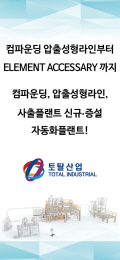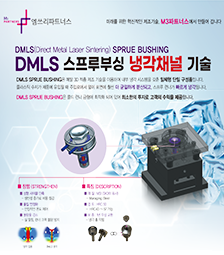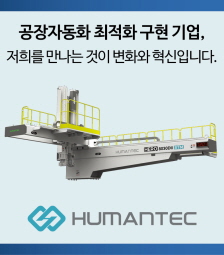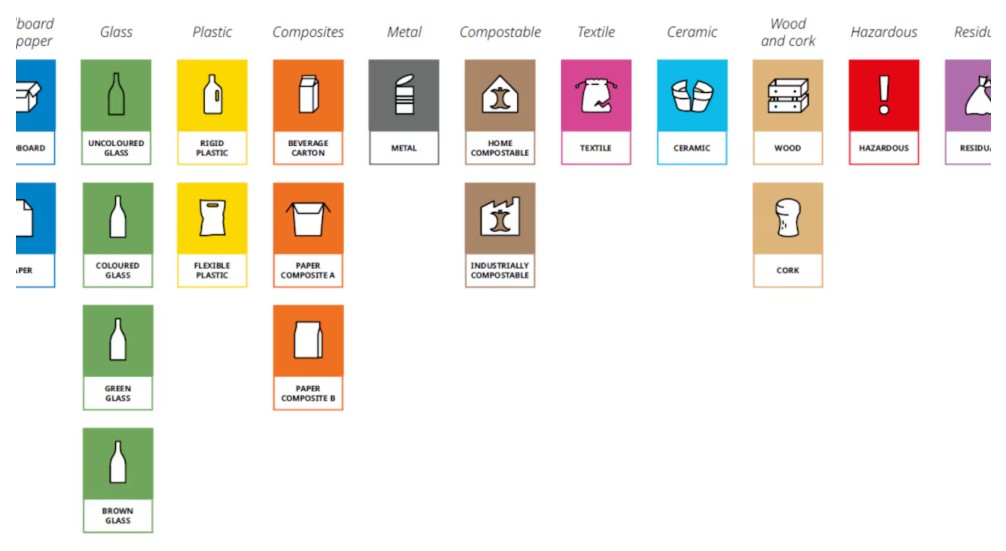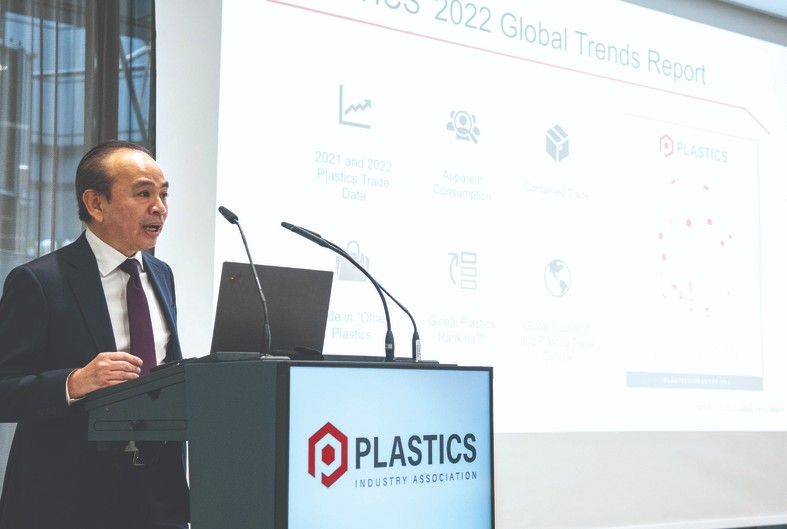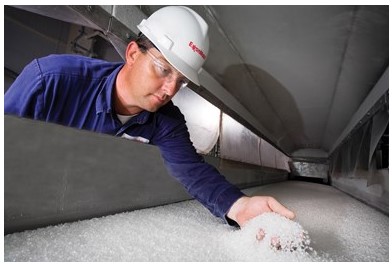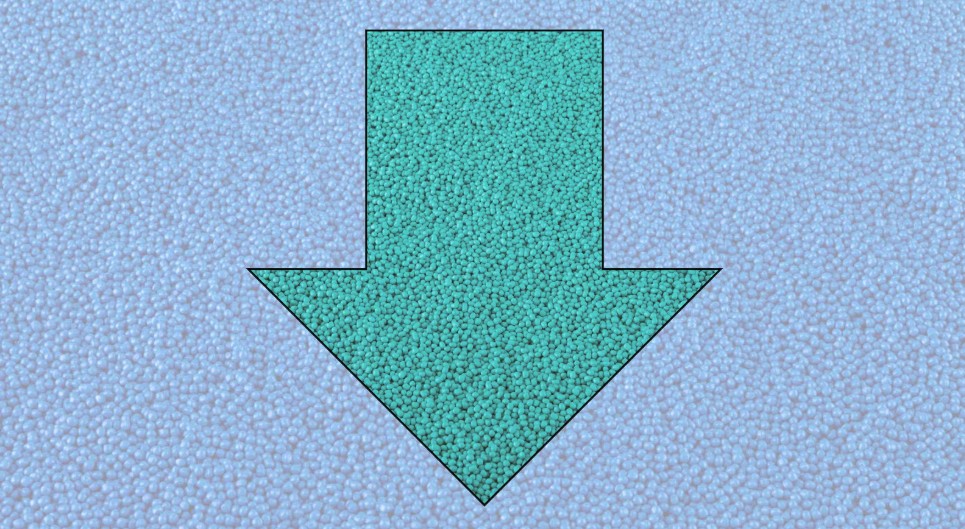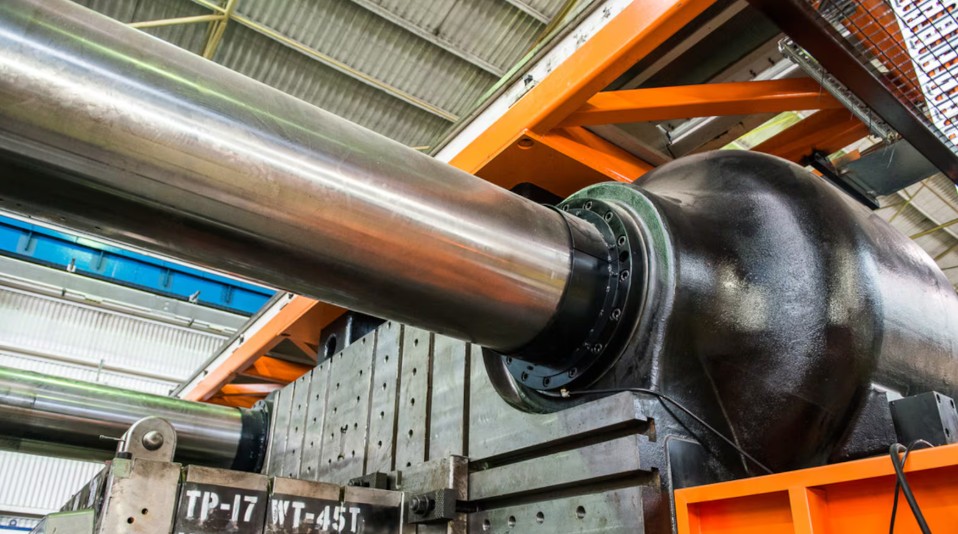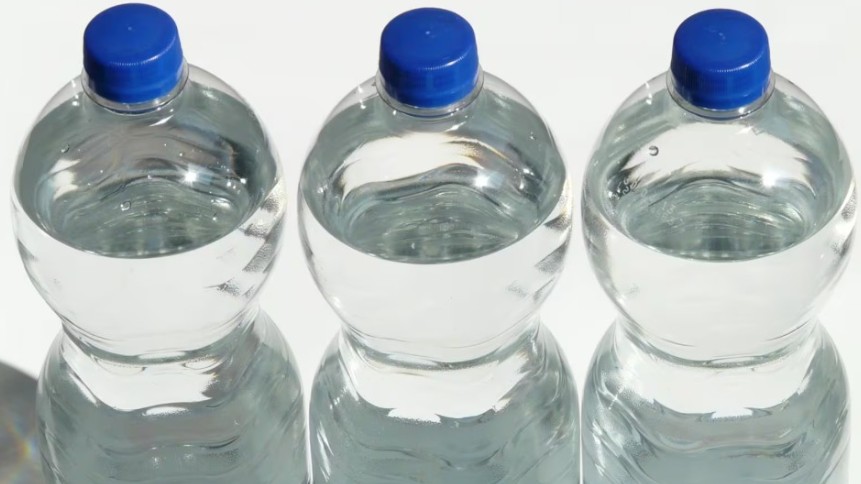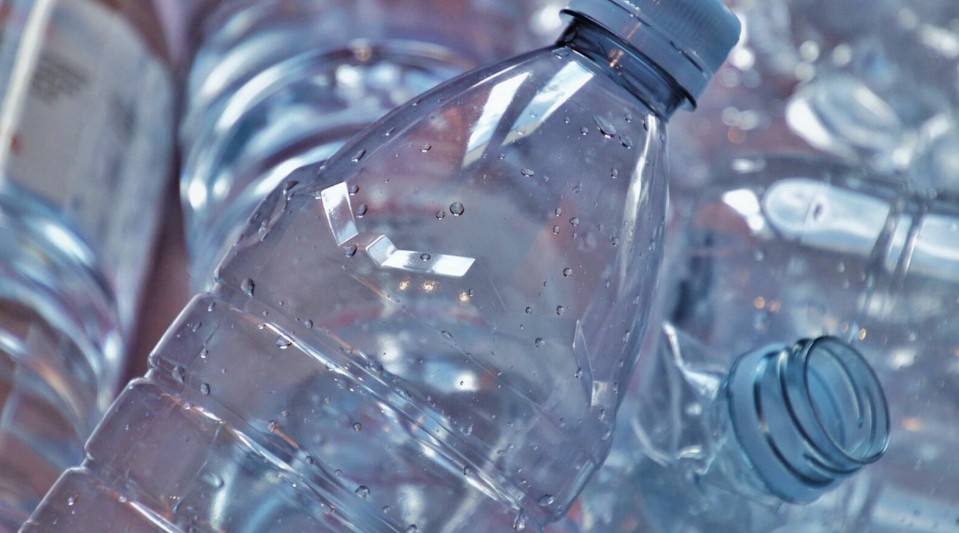Market trends
Samsung expanding EV battery plant in Hungary as EU probes state subsidy
Samsung expanding EV battery plant in Hungary as EU probes state subsidy
Hungarian Prime Minister Viktor Orban (2nd from left) visits Samsung SDI plant on completion in 2017
South Korean giant Samsung is now investing 1.16 billion euros in a project to expand the lithium-ion battery production plant it launched in May 2017 at the town of Göd in northern Hungary.
Last year, the facility increased output to reach its current annual capacity, manufacturing enough batteries to power 50,000 electric vehicles.
The European Commission, which launched the “in-depth” probe last month, indicated that it has initial doubts that the award of grant aid meets all the criteria set by EU guidelines.
More specifically, the Commission said it doubted in this case that the subsidy had a genuine “incentive effect” on the project and believed Samsung could have proceeded with the expansion anyway, without public funds.
The Commission also admitted in a statement that it could not rule out the possibility that the state subsidy may “lead to the relocation of jobs from other (EU) member states to Hungary."
EU Commissioner Margarethe Vestager, responsible for competition policy, said the inquiry will investigate whether the government grant was really necessary for Samsung SDI to invest more in Göd. Also, it will check the sum being paid is kept to the minimum and that the payment does not “distort competition."
“Public investment is important to foster economic growth in disadvantaged regions in Europe. But, public support should only be given it’s necessary to trigger private investment in the disadvantaged region concerned.
“Otherwise, it only gives the beneficiary an unfair advantage over its competitors at the expense of taxpayers,” the commissioner added in a statement.
Last month, Hungary’s Minister of Foreign Affairs and Trade Szijjártó confirmed the government is offering the Samsung scheme a grant “relevant to its size and importance." But, he admitted, details could not be disclosed until it had EU approval.

